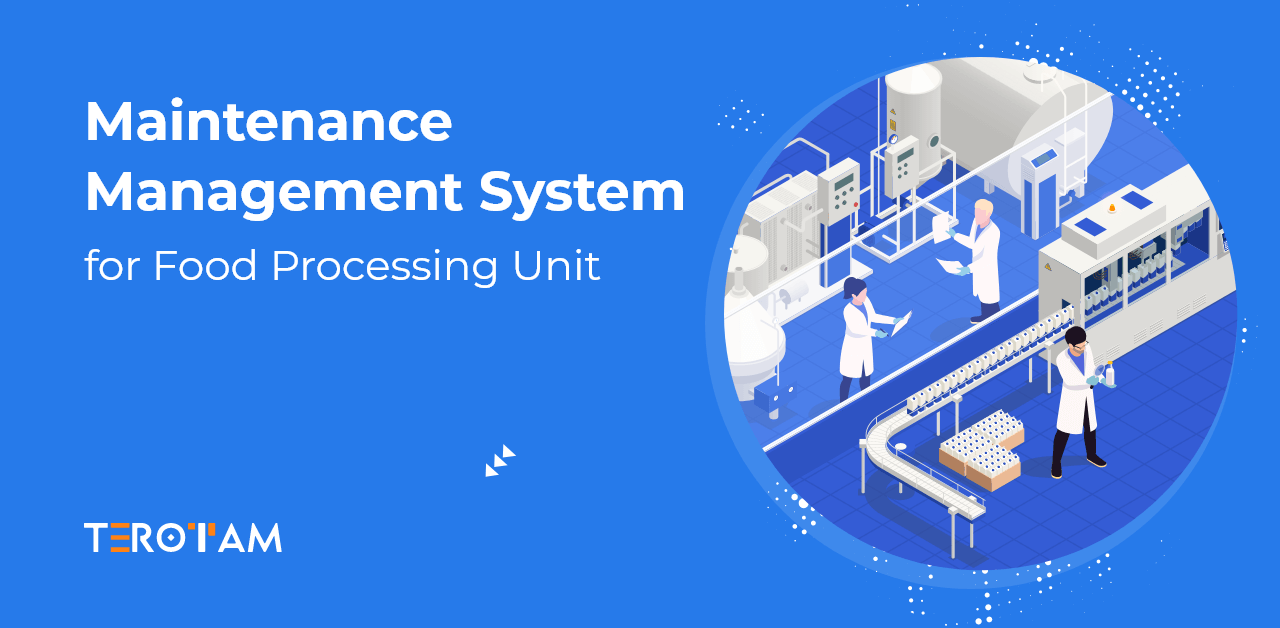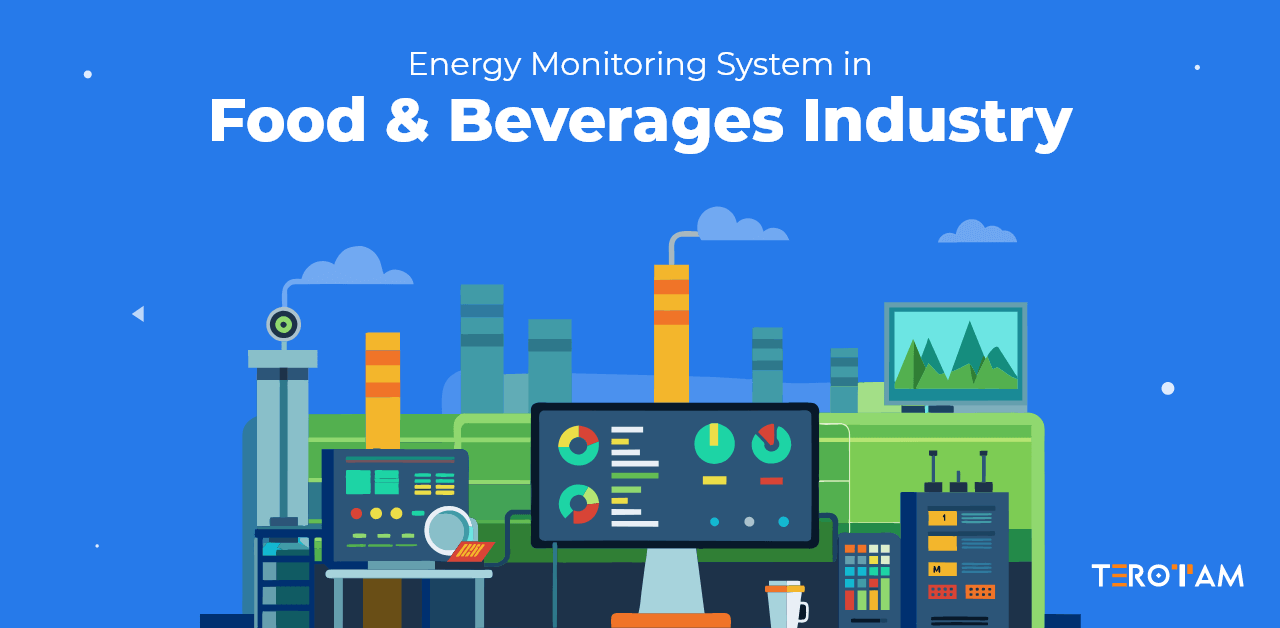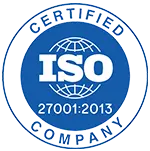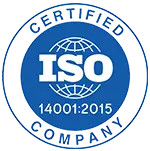Food processing units operate under stringent regulatory requirements and face high expectations for product quality and safety. Ensuring that equipment functions optimally is paramount to meeting these standards. A 360-degree maintenance management system offers a comprehensive approach to maintaining and managing equipment, significantly enhancing the efficiency and reliability of food processing operations.
5 Key Benefits of Comprehensive Maintenance in Food Processing
Here are five compelling reasons why every food processing unit should implement such a system.
1. Ensures Regulatory Compliance and Food Safety
In the food processing industry, adhering to regulatory standards and ensuring food safety are critical. A well designed, systematic maintenance management system plays a vital role in maintaining compliance and protecting public health by ensuring that all equipment operates under optimal conditions.
Regulatory Compliance
Food processing units are subject to numerous regulations. These regulations mandate regular maintenance and proper documentation to ensure that all equipment meets health and safety standards. A 360-degree maintenance management system helps streamline compliance by providing detailed records of all maintenance activities, making it easier to prove adherence to regulatory requirements during audits.
Food Safety
A comprehensive maintenance management system ensures that all equipment is regularly inspected and maintained, reducing the risk of contamination and equipment failure.
This is crucial in preventing foodborne illnesses and ensuring that the products are safe for consumption. Through maintaining high standards of hygiene and operational efficiency, food processing units can protect their brand reputation and avoid costly recalls.
Traceability and Accountability
A maintenance management system provides traceability and accountability in case of any issues related to food safety, such as contamination or equipment failure. Detailed maintenance logs and equipment histories enable quick identification of the problem source, facilitating prompt corrective actions.
This traceability is crucial for conducting thorough investigations and implementing measures to prevent future incidents, thereby enhancing overall food safety.
2. Reduces Downtime and Increases Efficiency
One of the key features of this maintenance system is predictive maintenance. This approach uses data and analytics to predict when equipment is likely to fail, allowing maintenance to be scheduled before a breakdown occurs. Predictive maintenance minimizes unplanned downtime, ensuring that production schedules are not disrupted and that the processing unit operates smoothly.
A comprehensive system helps optimize resource allocation by identifying which equipment needs maintenance and when. This prevents over-maintenance, where equipment is serviced more frequently than necessary, and under-maintenance, where equipment is not serviced enough, both of which can lead to inefficiencies and increased costs.
3. Enhances Worker Safety and Reduces Risk
A maintenance management system contributes significantly to worker safety by ensuring that all machinery and equipment are in optimal working condition. Regular maintenance and inspections help identify potential hazards, reducing the risk of accidents and injuries.
By keeping detailed records of maintenance activities and safety checks, the system also helps meet occupational health and safety regulations, thereby creating a safer work environment for all employees.
4. Improves Inventory and Spare Parts Management
A maintenance management system keeps accurate records of all spare parts and inventory, ensuring that the right parts are available when needed. This reduces the risk of production delays due to the unavailability of critical components.
Optimizing inventory levels and reducing the need for emergency orders allows the system to control costs and enables bulk purchasing of frequently used parts, leading to significant cost savings over time.
5. Boosts Operational Transparency and Accountability
Operational transparency and accountability are crucial for effective management and continuous improvement in food processing units. A maintenance management system provides comprehensive visibility into all maintenance activities, enabling managers to track performance, identify areas for improvement, and ensure accountability at every level. This transparency fosters a culture of continuous improvement and ensures that maintenance tasks are completed on time and to the highest standards.
Wrapping it up
A Systematic 360-degree maintenance management system is essential for food processing units aiming to maintain high standards of quality and safety, reduce downtime, enhance equipment performance, manage inventory efficiently, and make data-driven decisions.Do you think your food processing business needs such a system? If you have any relevant thoughts, please share them with us at contact@terotam.com or call us now to discuss.








